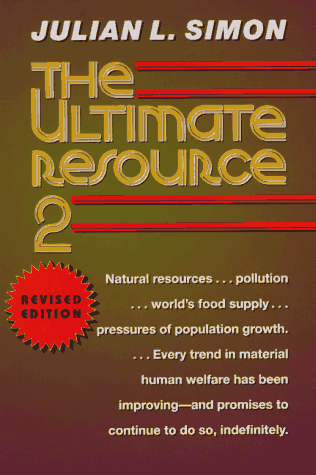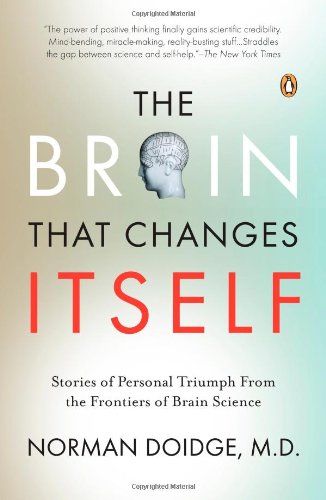Ann & Jeff Vandermeer – Steampunk
An anthology of some bad, some good, bookended by diametrically opposed visions of steampunk: Jess Nevins, who argues that only by dedicating one’s art to the destruction of capitalism can one do Proper Steampunk, and Rick Klaw, who says it’s all one big party so just come on in and enjoy yourself.
Recommended: No. Stories seem selected more to display the breadth of the genre than for quality.
Øvre Richter Frich – Rød tåke (1937)
Frich is kind of a cult author in Norway for his once massively popular racist thrillers about Jonas Fjeld, an Aryan übermensch who goes about beating up anarchists. To judge from this novel, at least, Frich is to thrillers what H. P. Lovecraft was to horror: A “bad” writer with peculiar obsessions, but a compelling way of putting them on paper.
Recommended: Ironically.

Ayaan Hirsi Ali - Nomad (2010)
Everything was so much easier back when oppressed third world women kept their mouths shut and let Westerners speak on their behalf.
Recommended: Yes. It is a relief to read current feminism that isn’t an anguished search for relevance, but actually matters.
Nina Witoszek – The Origins of the ‘Regime of Goodness’ – Remapping the Cultural History of Norway (2011)
What a pleasant surprise: A look at the roots of Norway’s identity that is genuinely insightful, or at least quite interesting. Witoszek discounts Romanticism as a factor in Norwegian cultural history, and traces our identity to a meeting between peasant individualism, Christianity, and Enlightenment values – plus a dash of homegrown Taoism.
Recommended: Yes.




